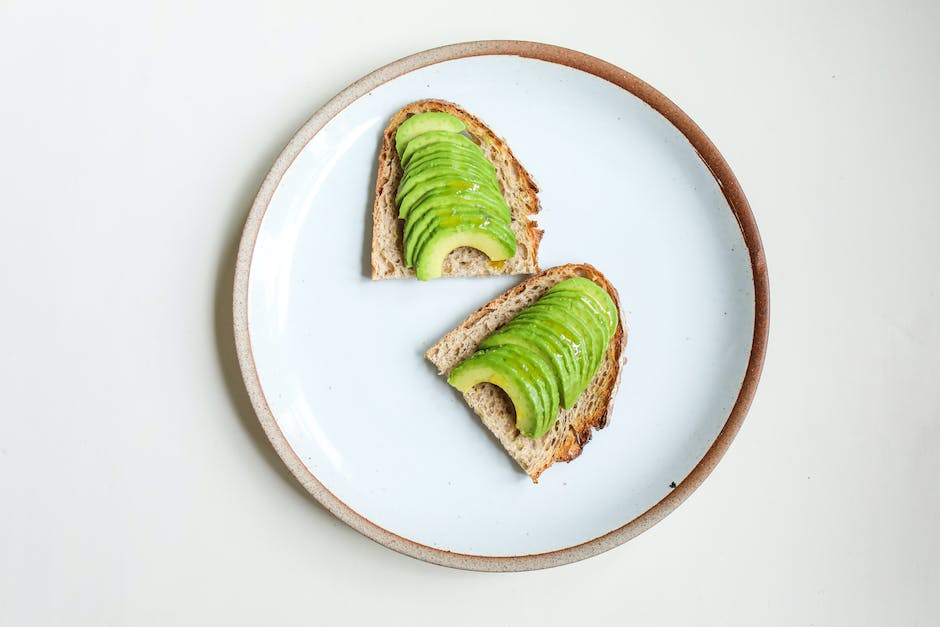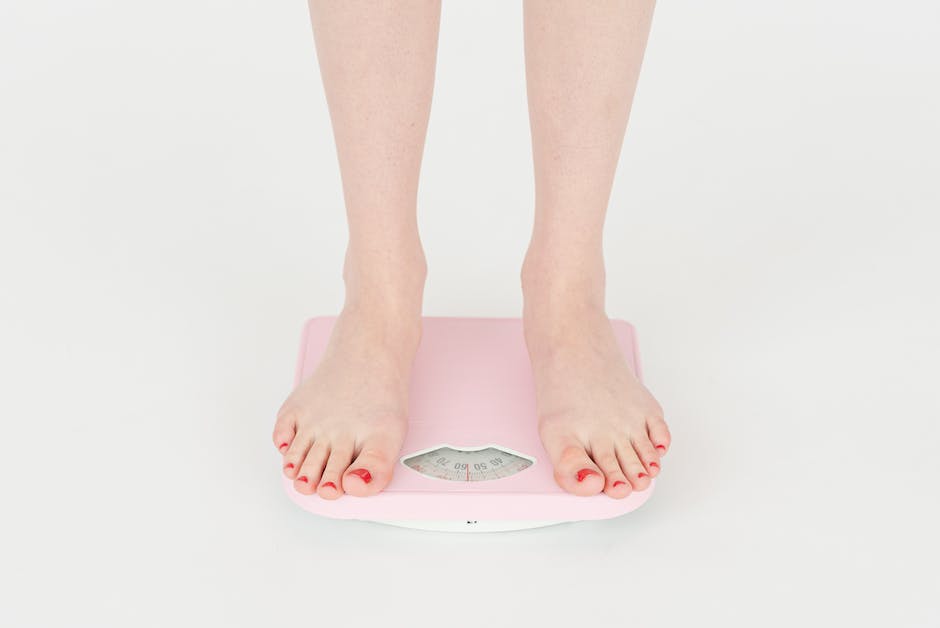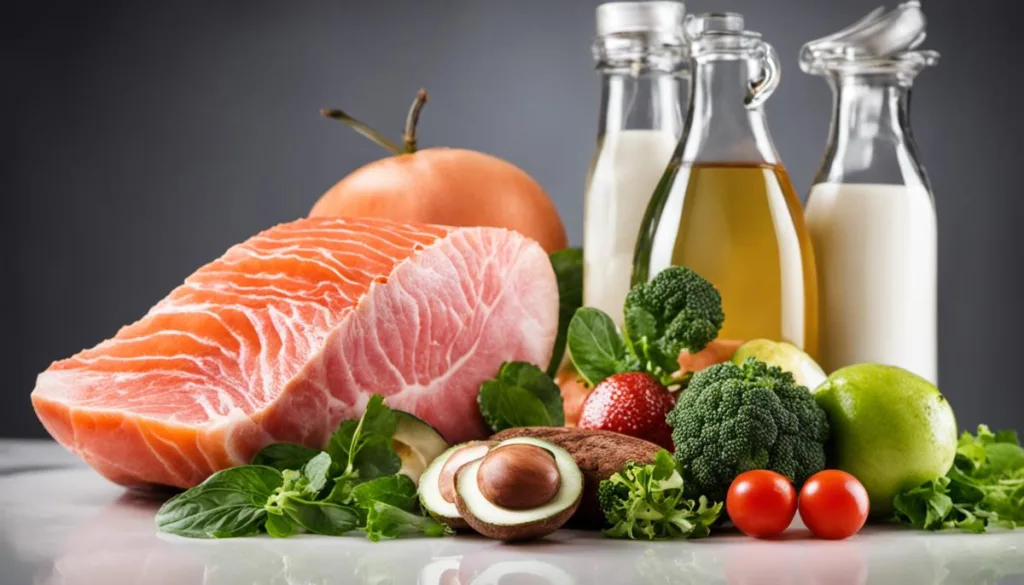The Ketogenic Diet, widely known as the Keto Diet, has transformed many lives by helping people achieve their weight loss and health goals. It works uniquely by changing your body’s energy source from glucose to fats, which promotes fat burning and leads to weight loss. While this potent diet is beneficial for all, understanding its application and effects specifically in women’s health and fitness, is crucial.
We’ve mapped out a detailed guide on this low-carb, high-fat diet specifically for women, aiming to provide a detailed understanding of the ins and outs of the Keto lifestyle. From creating balanced meal plans tailored for a woman’s nutritional demands, to overcoming the common challenges that come up in the Keto journey, and sharing real success stories – our guide aims to empower women to take a step towards their weight loss goals with confidence and knowledge.
Understanding the Keto Diet
Understanding the Keto Diet
The ketogenic diet, commonly referred to as the keto diet, is a low-carb, high-fat regime that has been popularized due to its effectiveness when it comes to weight loss. The main principle of the keto diet is drastically reducing carbohydrate intake and increasing fats. This reduction in carbs puts your body into a metabolic state known as ketosis.
During ketosis, your body becomes incredibly efficient at burning fat for energy. It also turns fat into ketones in the liver, which can supply energy for the brain. This approach contrasts the standard American diet, which is usually high in carbohydrates, and this shift can lead to significant weight loss and improvements in health.
Macronutrients and the Keto Diet
In the ketogenic diet, the three macronutrients are proportioned differently than in a traditional diet. Typically, the goal is to keep carbohydrates at or below 10% of total daily caloric intake, protein between 20-25%, and fats at between 70-75%.
The sharp focus on these macronutrients separation is essential because when the diet is followed precisely, the human body enters the state of ketosis. This process makes the body incredibly efficient at burning fat. Staple foods in the keto diet are meats, fatty fish, eggs, cheese, nuts, healthy oils, avocados, and low-carb veggies.
A Closer Look at the Keto Diet for Women’s Health
The Ketogenic (Keto) diet lends itself with multiple health benefits for women, particularly in the area of weight loss. Losing weight, especially stubborn fat residing around the abdomen, becomes easy for many women due to the diet’s focus on high-quality fats and proteins over carbohydrates. The satiety provided by these nutrients often results in lower caloric consumption overall.
Beyond weight reduction, the Keto diet may contribute to hormonal balance. Numerous women undergo hormonal irregularities leading to weight spikes, mood fluctuations, or other health complications. The Keto diet’s impact on insulin regulation could potentially restore these hormonal imbalances as insulin plays a pivotal role in controlling various other hormones in the body.
However, it’s essential to keep in mind that like all diets, the Keto diet isn’t devoid of side effects. Women may encounter symptoms resembling the ‘keto flu,’ such as nausea, fatigue, dizziness, and digestive difficulties, but these usually subside within a few days to weeks. Prior consultation with a healthcare provider is always advisable before embracing a new dietary regime.
Conclusively, the Keto diet serves as a valuable instrument for women pursuing weight loss. The key to success lies in understanding and customizing the diet according to personal health needs, ensuring a consistent approach that not only reduces carbs and increases fats but also nourishes the body, preserves muscle mass, and promotes overall health.

Planning a Keto Diet for Women
Digging Deeper into the Keto Diet
The Ketogenic (Keto) diet, originally devised as part of a treatment for epilepsy in children, is characterized by a drastic reduction in carbohydrate intake while significantly increasing fat consumption. This dietary shift reshapes the body’s energy source from carbohydrates to fats, inducing significant weight loss. The diet’s central goal is to shift the body into a metabolic state known as ketosis, wherein the body becomes exceptionally efficient at burning fat for energy.
Nutritional Needs of Women
Women have unique nutritional needs due to factors such as menstruation, pregnancy, breastfeeding, and menopause. For a well-rounded keto diet for women, it is crucial to incorporate nutrient-dense, high-fiber foods like leafy greens, non-starchy vegetables, seeds, nuts and lean protein sources. Women on a ketogenic diet should also consider supplementing with vitamins and minerals, especially calcium, iron, and folic acid to meet their daily nutritional needs.
The main focus of the keto diet for women’s weight loss is to maximize the intake of healthy fats and limit the intake of carbs. Foods such as avocados, olive oil, coconut oil, butter, eggs, fatty fish, meat, cheese, nuts, and seeds are great sources of healthy fats. Non-starchy vegetables like spinach, kale, broccoli, and zucchini, as well as low-glycemic fruits like berries, are also encouraged. Foods to avoid include bread, pasta, rice, beans, potatoes, sugar, most fruits, and processed foods.
Although the keto diet is primarily a high-fat diet, portion control is still critical. Even though foods are low in carbs, consuming too many calories can still lead to weight gain. Using tools like meal planning apps and food scales can help keep track of macro and micronutrient intake. It is also helpful to divide meals into smaller portions throughout the day to prevent overeating.
Unlike other diets, the ketogenic diet is not just about weight loss. It is also about long-term health improvements. Many women report better mental clarity, improved skin health, greater energy levels and better mood once they adapt to the ketogenic lifestyle. It’s a lifestyle more than a diet, calling for consistent adjustments to food choices and dedicated commitment to the plan for significant health benefits.
Transitioning to a keto diet can initially be challenging. It may take a few weeks for the body to adapt to burning fat for fuel instead of glucose. This transition period, often referred to as the “keto flu,” can include symptoms like fatigue, irritability, headaches, and nausea. To alleviate these symptoms, hydration, rest, and the right balance of electrolytes are recommended.
The keto diet can be advantageous for many individuals, however, it might not be appropriate for women with certain health conditions like hormonal imbalances, kidney issues or liver diseases, as well as specific metabolic disorders. It’s critical to seek advice from a healthcare professional before making considerable shifts in your eating plan.

Overcoming Common Challenges of a Keto Diet
The Initial Challenges: Keto-Flu in Women’s Keto Diet
The initial phase of a woman’s journey with the keto diet often encompasses dealing with the ‘keto-flu’. This term refers to a series of symptoms caused by the withdrawal from carbohydrates and the resulting hormonal shifts and electrolyte imbalances. These symptoms can manifest as headaches, tiredness, nausea, dizziness, mental fog, irritability and trouble sleeping. To effectively manage these issues, it is encouraged to hydrate adequately, ensure sufficient sleep, maintain optimal levels of salt and consume a diet rich in essential vitamins and minerals.
Patience and Keto Diet
Sticking with the keto diet requires patience. Just like any other diet, the keto diet doesn’t bring immediate weight loss. In fact, it can take a few weeks for the body to enter a stage of ketosis where it starts burning fat for energy instead of carbs. To make it through these first few weeks, it’s crucial to stay committed and patient. Understanding that weight loss is a gradual process can prevent feelings of discouragement and make the journey more manageable.
Meal Preparation and Keto Diet
Meal preparation is another crucial element for success on the keto diet. The absence of preparation could lead to eating high-carb meals out of comfort or convenience, throwing off the ketogenic process. Meal prepping helps ensure that proper nutrition is obtained while sticking to the specific macronutrient ratios of a ketogenic diet. Healthy fats, adequate protein, and low-carb veggies should be the staples of every meal.
Maintaining a Social Life on a Keto Diet
Navigating social situations while on a keto diet is another common challenge. From peer pressure to eat carbs to limited meal options at social events, it requires discipline and preparation. One solution is to bring your own keto-friendly dish or to offer to cook for your friends. Being open about your dietary choices and finding creative ways to stick to your diet while enjoying social events can prove beneficial.
Dispelling Misconceptions about the Keto Diet and Women’s Weight Loss
Common misconceptions about the keto diet and its effects on women’s weight loss often challenge its efficacy and safety. One widespread belief is that the keto diet disturbs women’s hormonal balance, which scientific research contradicts. Properly managed keto diet has, in fact, shown to result in improved hormonal balance, primarily by decreasing high insulin levels. Another notable misconception is that the high-fat content in this diet increases cholesterol. However, it is essential to note that the keto diet encourages the consumption of healthy fats, which potentially improves heart health by heightening “good” HDL cholesterol and reducing “bad” LDL cholesterol. For a comprehensive understanding of the influence of the keto diet on women’s health and weight loss, science-based research and professional advice should be the primary sources of information.

Success Stories and Case Studies
The Success Story – How Sarah Lost 50 pounds with Keto
One of the most remarkable success stories that exemplify the keto diet’s potential in women’s weight loss involves Sarah, a 38-year-old, second-time mom. Following significant weight gain after her second pregnancy, Sarah decided it was time to make a change. Her decision to follow the keto diet allowed her to maintain a diet with food she enjoyed, such as cheese and avocados while eradicating high sugar and carbohydrate consumption.
Beginning her keto journey at 215 pounds, Sarah saw a grand total drop of 50 pounds in her weight over eight months. The first few weeks, often referred to as the keto-flu, presented some challenges, but once that stage was behind her, she found herself feeling more energetic and less hunger pangs. Coupled with a moderate exercise regimen, including walking and light yoga, Sarah’s life transformation took place throughout her keto journey.
Case Study 2: Significant weight loss in post-menopausal women
Another inspiring example is the case of Sue, a 58-year-old post-menopausal woman. Sue had been struggling with weight gain for years and found her constant cravings and hunger hard to manage. With her blood sugar levels escalating, her doctor recommended a diet overhaul. She switched to a keto diet focusing on healthy fats like avocados, eggs, salmon, and lots of leafy green vegetables.
Sue managed to lose 65 pounds over a year and more importantly, maintained the weight loss. In addition to her weight loss, she also noticed improved energy levels, better sleep, and a significant overall reduction in her cravings. Her blood tests showed all her markers had improved dramatically.
Case Study 3: Substantial weight loss in a sedentary lifestyle
Amy, a 48-year-old sedentary office worker found herself overweight due to her inactive lifestyle and poor dietary habits. With the prevention of weight-related health conditions in mind, she decided to transition to a keto diet.
She introduced low-carb vegetables, healthy fats, and lean proteins into her diet and removed carbs and processed foods. Amy lost over 30 pounds in 6 months, even with her sedentary lifestyle. Particularly notable were the improved mental clarity and more stable mood she reported.
The inspiring, tangible results seen in women who have adopted the ketogenic diet are unmistakable. After overcoming initial hurdles in adapting to a new way of eating, they experienced significant weight loss, an influx of energy, and overall health improvements. Still, alongside implementing a ketogenic diet, maintaining a high level of physical activity, staying well-hydrated, and ensuring adequate sleep are lines in the recipe for successful, sustainable weight loss.

Expert Tips for Long-term Success
Planning Ahead: Setting Goals for the Keto Diet
Before embarking on your weight loss journey with the ketogenic diet, it’s vital to establish your objectives clearly. Knowing exactly what you want to achieve will not only fuel your motivation, but will also guide you in crafting your personalized keto diet plan. By setting measurable, achievable, realistic, and time-bound (SMART) goals, you are laying the groundwork for a long-term commitment to the keto diet, enhancing the chance of your success with it.
Tracking Your Progress
Tracking your progress on a regular basis is another essential aspect that can contribute to your keto diet success. Keeping an eye on the changes in the weight, measuring ketone levels regularly, might seem mundane but it is necessary. Various mobile apps and digital platforms are available that might help you track your carb intake, calorie consumption, and daily exercise. Regular tracking of your progress can keep you motivated, helps you stay focused on your goal, and enables you to make any necessary adjustments in your plan.
Handling setbacks on Keto Diet
Setbacks are a part of any weight loss journey, and keto is no exception. Be prepared for occasional hiccups, and understand that experiencing setbacks does not equate to failure. The real challenge is how you bounce back from them. When you experience a setback, it’s import to reassess your strategies, remain adaptable and understand that every body has its unique pace and response to diets. An open conversation with a dietician or nutritionist may provide alternatives, solutions, and reassurance.
Preventing Weight Regain
Preventing weight regain is often the hardest part of any weight loss diet. Reverting to old eating habits after achieving target weight often leads to a weight rebound. A ketogenic diet is unique in this sense as it is more of a lifestyle change than a short-term diet. Incorporating the principles of the keto diet into your daily life, even after achieving your weight goal, can help in maintaining the weight loss. Moderate exercise, mindful eating, and balanced nutrition can facilitate the prevention of weight re-gain.
Expert Suggestions
Experts often advise gradual introduction of ketogenic food items into your eating routine rather than an abrupt transition. This approach could help in reducing the initial side effects of keto flu, such as fatigue, nausea, and headaches. They also stress the importance of drinking plenty of water and getting enough sleep for a successful keto journey.
Consulting your healthcare provider or a dietician is advised before starting the keto diet, to avoid any potential health risks. Special attention should be given to the nutrition balance as per individual’s health condition. Overall, a well-balanced, sustainable and personalized approach towards ketogenic diet can bring about the desired weight loss success.
Stay patient with the process. Ketogenic diet does not promise overnight weight loss. It is a gradual process that involves changes to your metabolism and bodily functions. Consequently, stay realistic with your expectations and keep going, and soon enough you might witness discernible changes and improvements in your health and weight loss goals.

Achieving sustainable weight loss with a Keto diet revolves around understanding and mastering its key principles. While embarking on the Keto journey might present initial challenges, being equipped with the right knowledge, planning, and guidance, these bumps can be smoothly navigated.
Evidence from many success stories and expert advice reinforce that the Keto diet can be more than a temporary phase – it could be a lifestyle change that brings about long-term health benefits besides weight loss. Ultimately, the key to succeeding in your Keto journey is consistency, patience, dedication and staying positive through ups and downs.
Thank you for reading this post, don't forget to subscribe to our free newsletter
!